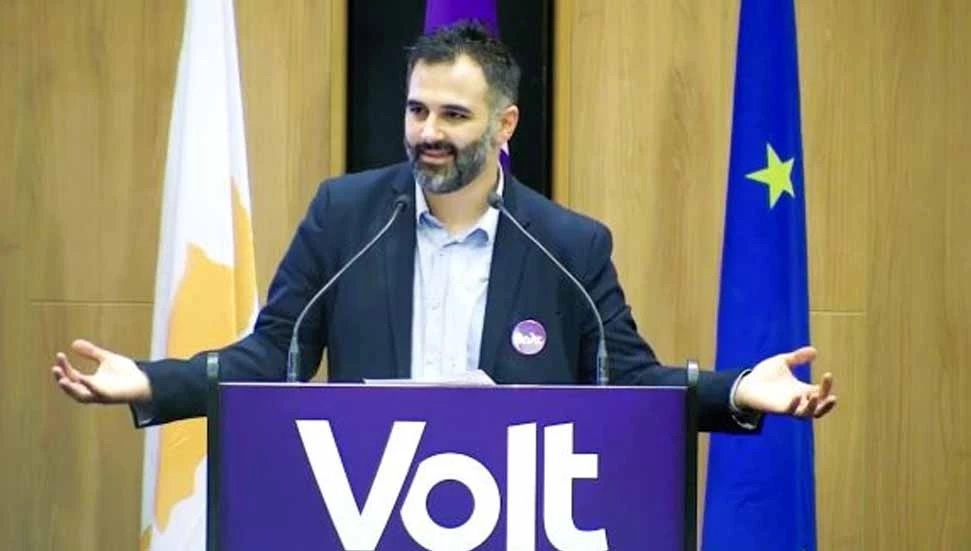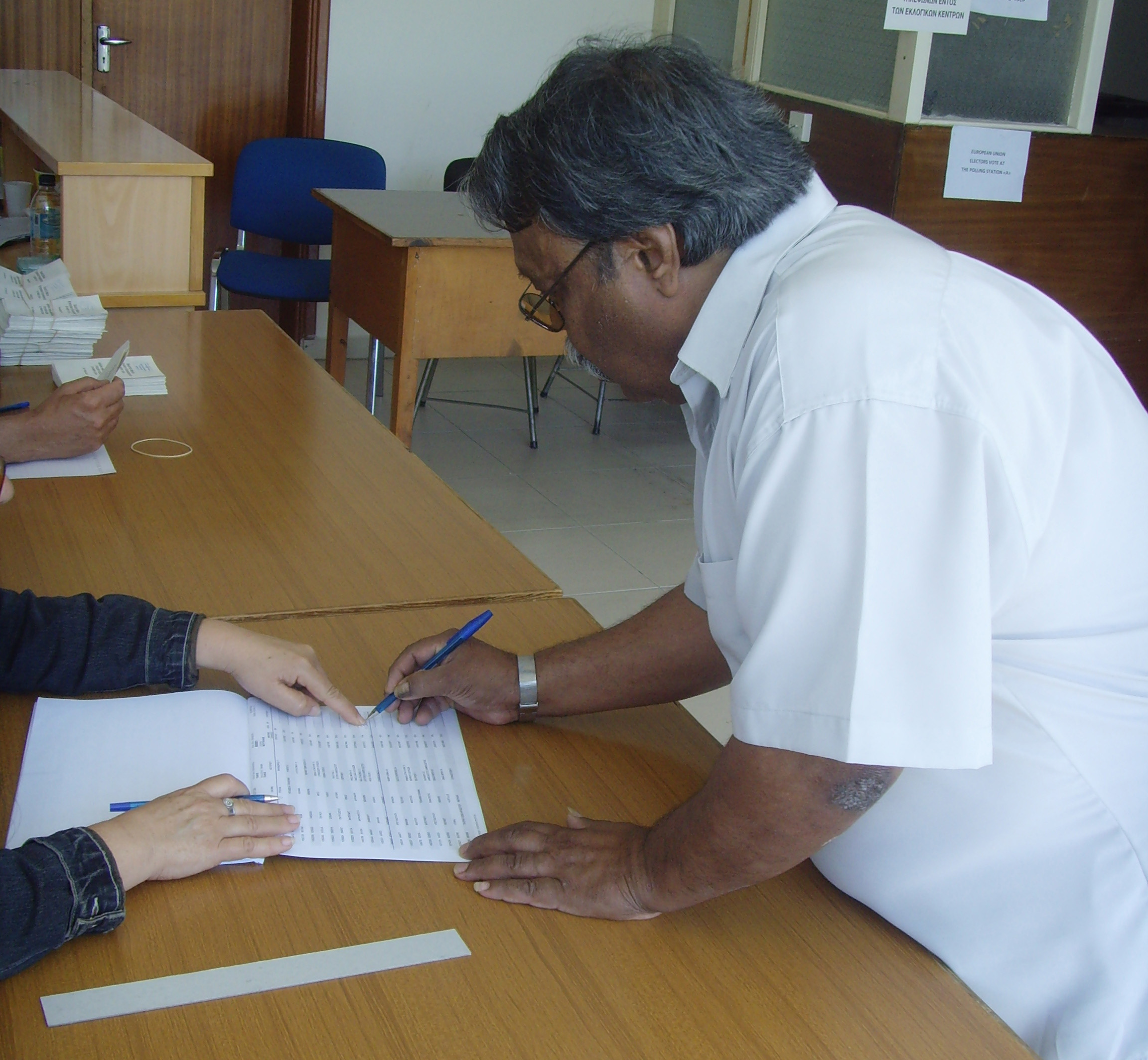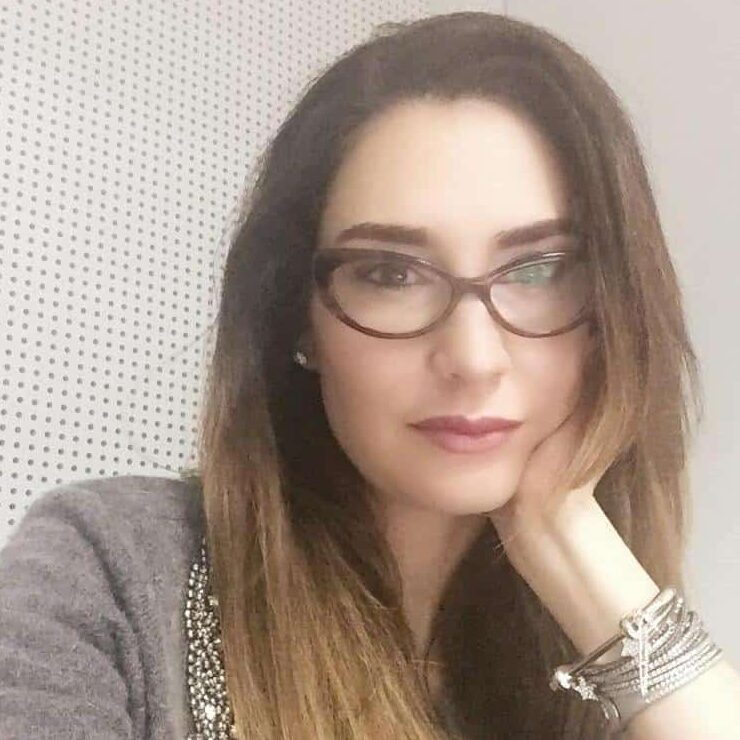Although there is strong debate over how the elections will benefit them
Turkish Cypriot participation in Sunday’s European parliament elections will play a critical role in who will get elected to fill the six seats allocated to Cyprus although the community remains divided over attending the ballots.
A total of 103,269 Turkish Cypriots living in the north have the right to vote in today’s EP election. This is a significant portion of the total electorate of nearly 700,000 voters.
As the Turkish Cypriot right-wing nationalist circles led an anti-propaganda about voting, the main left-wing, pro-solution parties shied away from taking an official stance on the EP elections. Although few, some prominent pro-solution figures even called on Turkish Cypriots not to go to the polls as “these elections do not concern the north or Turkish Cypriots.”
Their argument mainly is that there should be separate elections among Turkish Cypriots for two of the six seats in the EP reserved for Turkish Cypriots under the 2004 Annan Plan. The plan was not implemented due to the rejection of the Greek Cypriot community despite the strong support of the Turkish Cypriots resulting in the Republic of Cyprus holding all six seats.
Those, who support Turkish Cypriot participation in elections “contribute to dismantling the right of Turkish Cypriots to choose their own political representatives, and to reducing them to a minority”, wrote ex-Nicosia Turkish municipality mayor Kutlay Erk in a column last week.
However, the past months also saw an unprecedented number of opinion leaders, individual politicians, civil society activists and professional organisations in the northern part of Cyprus actively campaigning to mobilise Turkish Cypriots to go to polls.
Turkish Cypriots are “under huge social distress with the reactionary policies of [Turkey’s] AKP regime on the one hand, and the oppressive practices of the Greek Cypriot elites on the other”, said Burak Mavis, head of the influential Cyprus Turkish Teachers Union KTOS in a written statement calling on everyone to go and vote. “Participation in EP elections is important so that Turkish Cypriots can reduce pressure from both sides, take part in the international arena, and persevere for solution [in Cyprus] and relations with the European Union.”
Derya Beyatli, who as the director of the Human Rights Platfom, led a fully fledged EU-funded campaign in the northern part of Cyprus to increase participation in the elections says that there is an increased realisation in the Turkish Cypriot community that the EU may be instrumental in improving the situation it is in.
“Turkish Cypriots are stuck between the interferences of Turkey and the reality that they cannot take advantage of their rights in the Republic of Cyprus,” Beyatli points out. “They are starting to realise that the EU is the only way to get out of this situation and that their future should be there.”
Although the EU acquis is suspended in the northern part of the island, Turkish Cypriots, as citizens of the Republic of Cyprus and thus EU, have the right to run and to vote in the EP elections.
“The number of Turkish Cypriots going to polls will determine which party will garner most support,” underlines Beyatli. “Turkish Cypriot participation will also affect which candidates will get elected.”
Opinion polls conducted in the Republic of Cyprus without the participation of Turkish Cypriots show that Akel and Disy are neck-and-neck.

Among a total of 61 candidates there are three Turkish Cypriots:incumbent MEP Niyazi Kizilyurek of Akel-Left-Social Alliance, Hulusi Kilim – the secretary general of bi-communal party Volt – and Oz Karahan of the Green Party.
“It is significant that in addition to Akel, two more parties have included Turkish Cypriots in their lists this time around,” says Beyatli. “Kizilyurek’s candidacy and election in the previous elections served as a milestone. It opened the way for other parties to become more inclusive and consider Turkish Cypriot candidates.”
In 2019 Akel became the first Greek Cypriot political party to include a Turkish Cypriot – Kizilyurek – in its list, who won a seat at the EP with the joint votes of the two communities in Cyprus.
A number of Greek Cypriot parties also visited Turkish Cypriot political parties and attended events in the northern part of Cyprus in a bid to appeal to the community.
In another first in these EP elections and in stark contrast with past, many Turkish Cypriots are also leaning towards and showing support for Greek Cypriot candidates.
Andromachi Sophocleous, a long-time peace activist and writer Makarios Droushiotis with many books translated into Turkish, both from Volt, have become the first Greek Cypriot candidates to give full-page interviews in the Turkish Cypriot media and participate in talk-shows in Turkish Cypriot TV channels, gaining significant support among the community.
“I am inclined towards Volt,” wrote journalist Hasan Ercakica recently. “Wouldn’t it be great if Andromachi or Makarios were elected and as Greek Cypriots, challenged non-solution in Cyprus and promoted the political rights of Turkish Cypriots?”
Beyatli expects Turkish Cypriot voter numbers to double from the previous elections. Some 5,600 Turkish Cypriots voted in the last EP elections in 2019. About another 1,000 returned without being able to vote due to problems in the registry.
Although the numbers are expected to double, “participation is still low compared to the number of Turkish Cypriot, who have the right to vote,” says Beyatli. “But we are starting to become aware of our power. We are becoming aware of the fact that we can make some things happen. We are starting to become more determined to put up a struggle. We are realising that the more we close up and isolate ourselves, we are losing the struggle.”






Click here to change your cookie preferences